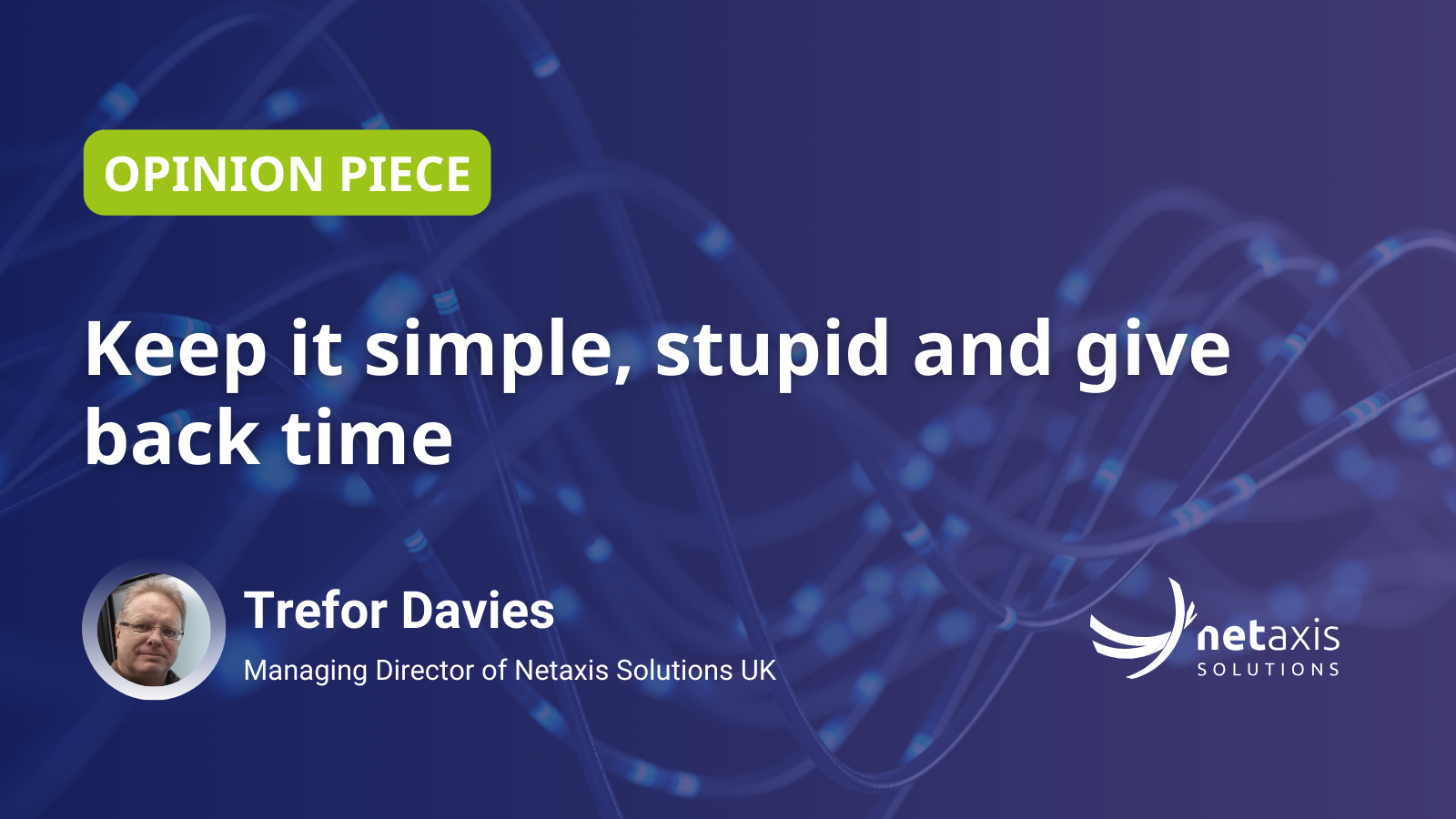I don’t know about you, but look at life very simply. I do stuff I like doing and try to avoid tedium. Some time ago, I started a business that rated broadband providers using sentiment analysis. It was a referral platform. We earned commission from click-throughs and people buying services.
The problem was that, at the time, the tools available for sentiment analysis were not very accurate, and I ended up hiring someone to trawl through hundreds of tweets a day, rating the associated sentiment as positive or negative. Although the model did work, the problem was most tweets were negative, and so we were just ranking broadband providers with the least negative sentiment.
Also, when it came to it, all that really interested punters was pricing; what was the cheapest broadband you could get rather than how good the service was? The manual process was very tedious for the staff, and we cut our losses and ran.
What made me think of this? I guess it was the fact that the business, whilst starting with the right idea ended up being inefficient to run with too much manual involvement. Had we had better automation tools, it might still be going today.
There is very much a parallel analogy in the telecoms world. Over the decades, companies have built complexity into their operations and services. Bolt-ons all over the place. Kluges to make things work. Self-developed software stacks are in constant need of maintenance. Hybrid methods of provisioning customers. Spreadsheets, interfaces and people to run it all.
Picture the utopian alternative. Everything is automated, clean and easy to manage. You spend your time moving your business forward rather than pedalling as fast as you can to just stay in the spot.
You are agile, sleek, versatile, and imaginative. People look upon you with envy, wanting to be like you. Simple innit?
Well, yes, it is really simple. This is how market front runners work in today’s competitive telecoms world. Customers flock to providers who make life easy for them. By keeping things simple and having a fully automated business, you also keep costs down and make your product offering more competitive. Oh, and you probably also make more money despite this.
Profitability, improved market share, improved valuations and share prices. What’s not to like?
But there is something more fundamental to this: Simplicity is about giving back time.
Recognising this scarce and invaluable resource, we will enter a new era: How can we give back time? Adopting simplicity as a core value brings manifold benefits. Adopting a simplicity approach is about giving time back!
For organisations, it means delivering, for example, services with fewer features and options and crafting clear and straightforward messages, which in turn reduces bugs, maintenance and life cycle management costs; it reduces the service wrap complexity internally and externally and the risk of negative customer experiences. It is about simplifying and automating processes. This approach not only enhances satisfaction and loyalty but also shows an increase in the willingness to pay among customers, next to improved financial outcomes.
For individuals and employees, the benefits of embracing simplicity and enabling automation are also profound. It allows for a clearer focus, reduces stress, and fosters a more enjoyable work environment. It’s about freeing up time not to do more but to do things differently with more impact and outcome.
This is what keeps Netaxis in business. We simplify telecoms networks and make our customers happy. Netaxis keeps it simple and stupid and gives back time.
Find out more by getting in touch.
Ready to elevate your telecoms services?
Get in touch to see how Netaxis can enhance your UC proposition.





